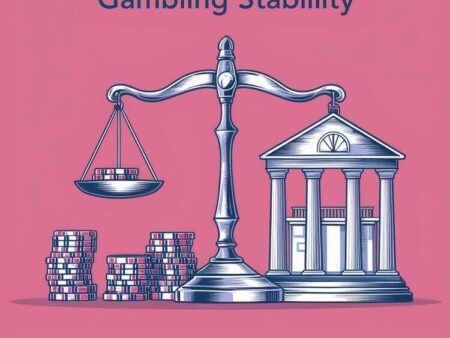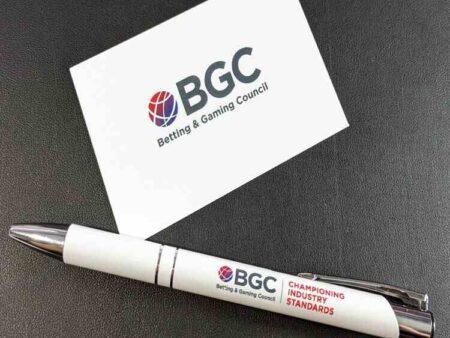By Jon Bryan | Expected reading time 4 min
Last Updated: October 29, 2023
It’s almost two months since the UK government closed the consultation as it reviews the Gambling Act 2005. But despite the ending of their call for evidence, the debate about how gambling should change in the coming years continues.
For those with an interest in the outcome, we are all looking for any straws in the wind that might indicate what to expect. One appeared in The Daily Telegraph at the start of the month. The piece began boldly: ‘The most stringent elements of a crackdown on the betting industry are set to be shelved by ministers’, wrote Oliver Gill. He continued saying this news ‘will come as boon for bookmakers…(and) disappoint the so-called “anti” lobby of campaigners that want more stringent rules placed on betting operators’.
Some saw this as perhaps a sign that there would be a ‘let-off’ for the gambling industry in the review, with Guardian Reporter Rob Davies seeming to suggest ‘an easier ride’ for gambling companies. But not everyone agreed that this was necessarily good news for bookmakers.
‘It remains unresolved’ said Matt Zarb-Cousin, the Director of Clean up Gambling, suggesting ‘it’s reasonable to anticipate a gambling review white paper…that includes affordability’.
WHAT SHOULD WE EXPECT?
While we all continue to look for signs from the Department for Digital, Culture, Media and Sport (DCMS) about what is likely to happen, what should we expect from them as they look at all the responses received during the consultation period?
When it announced the review, the government told us it was about ‘using the evidence to assess whether we have the balance of regulation right’. Everyone seemed to agree with the idea that the review should be based on evidence, but is that really what we should expect from politicians and government? To base judgements founded on evidence alone?
Over the last year we have become used to the idea that we should ‘follow the science’. As the government begins to lift coronavirus restrictions, we have been told that we need to look at ‘data, not dates’. But should we approach a review of gambling in the same way that we approach tackling a virus like Covid-19? Do we think governments should be directed solely by evidence and data? And that they should ignore political, economic and philosophical beliefs?
Evidence tends to be seen and understood within a particular framework. There is no one piece of evidence which gives the answer and, very often, there is opposing evidence to challenge it. We have seen plenty of this in the debate around gambling. Everyone wants to be the one with the solution that the government should run with. No doubt all of this will have been sent to The Department for Culture, Media and Sport (DCMS) for them to consider in the gambling review.
We have certainly seen an explosion in surveys, opinion pieces, and industry data which often openly compete and, at times, contradict each other. There is nothing wrong with that. It could be argued that it is quite healthy. But it does pose questions as to what role the government should play in the review.
Will they simply weigh up the submissions and go with the heaviest? Or will they do something that many of us expect leaders to do: to have a belief in something, and for that to be the guiding force for them as they sift through the various bits of evidence that have been submitted.
Whatever the government does, I hope they do the latter. I hope the proposals that emerge are underpinned by a particular philosophy towards people and gambling. I hope we see an underlying narrative which is a liberal approach – one that is very different to the restrictive and sometimes prohibitionist view which often dominates much of the press, social media, and many commentators.
In the meantime, like many others, I’ll continue to look for more straws in the wind, and hope for the best.
Jon Bryan is a Gambling Writer and Poker Player
Follow him on Twitter: @JonBryanPoker







